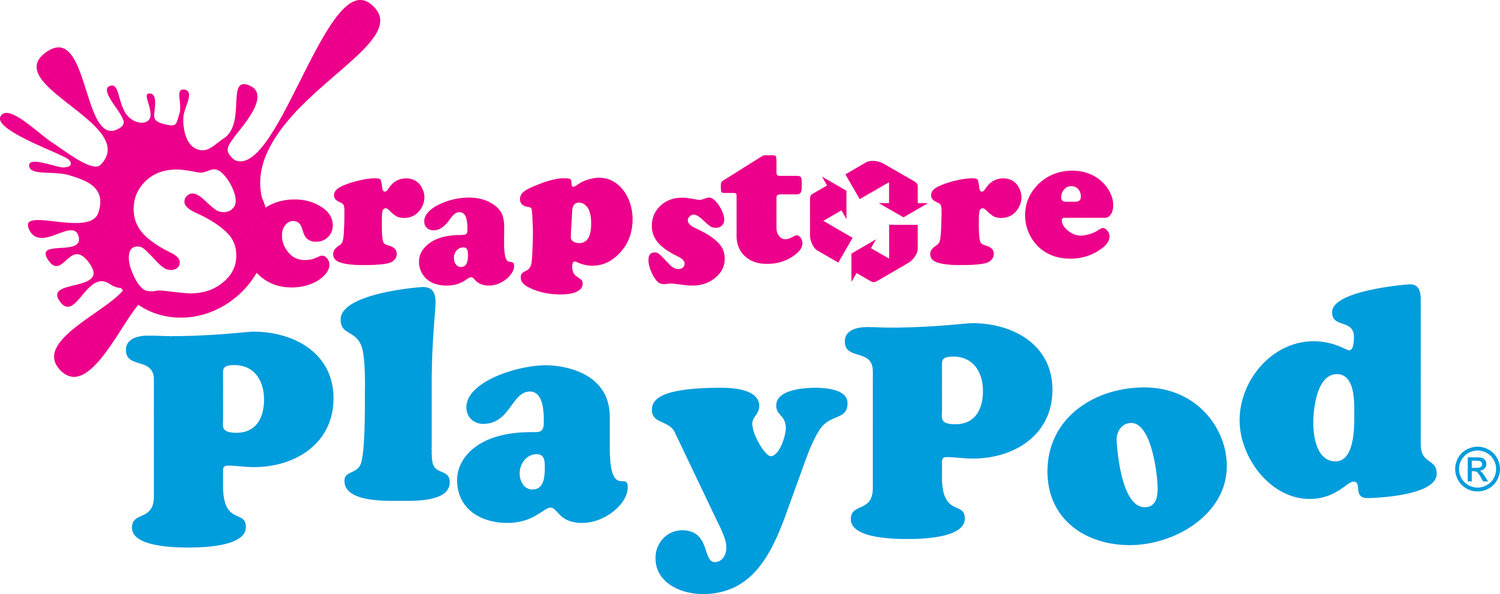Your Custom Text Here
When we introduce loose parts into school environments the level of risk increases. Because of this we encourage providers to take appropriate steps in adopting a risk benefit approach, taking into account the benefits the provision offers as well as the risks.
Worryingly children in the UK today are at much higher risks of developing life-long health issues due to lifestyle choices. In a nutshell, children aren’t moving around enough, they are eating too much sugar in their diets and being sedentary for prolonged periods.
Yesterday we helped Fonthill Primary Academy celebrate being the first school to have a Scrapstore PlayPod for ten years. The occasion was marked most importantly by all the children decorating and then playing with their PlayPod.
Loose parts are the flexible elements within a play environment. They are the fuel which feeds the fire of children’s imaginations and playful intentions. The greater the diversity of loose parts offered to children, the greater the range of play interactions. These interactions enable open ended exploration through play leading to learning by doing.
After all the necessary planning, gathering of loose parts, training and shed building the PlayPods or loose parts sheds opened in the respective schools and nursery in France and Spain. Even though I have been opening PlayPods for the last seven years I wasn’t quite sure what to expect but on arrival to the playground it was as if I was in the UK. It looked like a PlayPod, sounded like a PlayPod and even smelled like a PlayPod!
This research report is a scientific summary of the implementation of the PlayPod in three sites, two in France (a primary school in Paris and a Leisure centre in the suburb of Paris) on in Spain (an infant school for students under the age of 3 years in the town of Manresa, Barcelona).
From modest beginnings Scrapstore PlayPods has grown bigger than anyone expected and is having a major impact on children and schools across the whole of the UK and beyond!
The Scrapstore PlayPod project investigated augmenting outdoor play in schools. It provided primary schools with a container, or ‘Pod’, full of loose parts , (scrap materials), and explored changes to the human environment, with the aim of stimulating, facilitating and enhancing children’s play.








